-
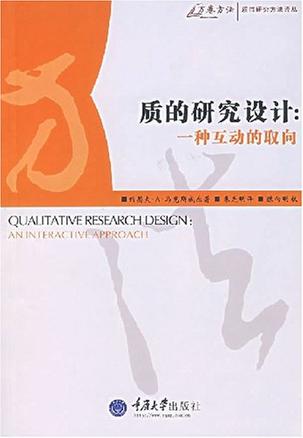
质的研究设计
《质的研究设计:一种互动的取向》把质的研究设计看作是一个互动的过程,是一个进行中的事情,它需要研究者考虑设计的各个要素之间不断变动的关系。《质的研究设计:一种互动的取向》主要讨论了研究目的、概念框架、研究问题、方法和效度等五个核心要素之间的互动影响,并就如何建立这些要素之间的关系提出了富有洞见的方法和策略。为了最大限度地利用这《质的研究设计:一种互动的取向》,在阅读《质的研究设计:一种互动的取向》时,你头脑中应该有一项质的研究计划,它既可以是你打算要做的,也可以是正在做的。 -
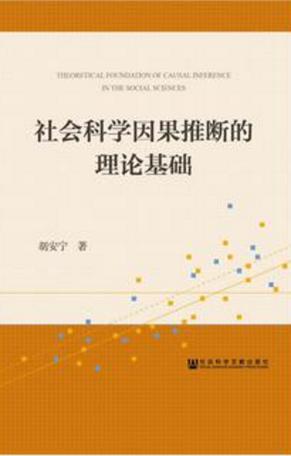
社会科学因果推断的理论基础
-
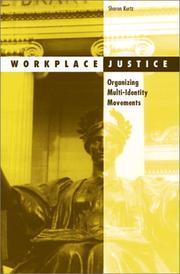
Methods of Social Movement Research
Citing the critical importance of empirical work to social movement research, the editors of this volume have put together the first systematic overview of the major methods used by social movement theorists. Original chapters cover the range of techniques: surveys, formal models, discourse analysis, in-depth interviews, participant observation, case studies, network analysis, historical methods, protest event analysis, macro-organizational analysis, and comparative politics. Each chapter includes a methodological discussion, examples of studies employing the method, an examination of its strengths and weaknesses, and practical guidelines for its application. -
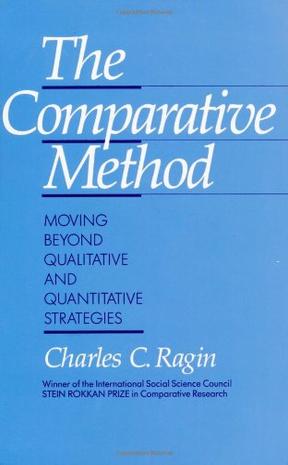
The Comparative Method
Professor Ragin proposes a synthetic new strategy, based on an application of Boolean algebra, that will combine the strengths of both qualitative and quantitative sociology. Elegantly accessible and germane to the work of all the social sciences, this book will garner interest, debate, and praise from many quarters. -
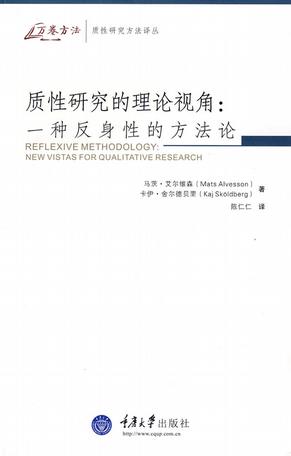
质性研究的理论视角
《质性研究的理论视角:一种反身性的方法论》清晰地揭示了经验研究所运用的方法与不同的研究传统之间的关联,为理论结构与经验研究之间更具思想开放性与创造性的互动指明了途径,是社会科学诸多领域的学生与研究者的基本读物。全书评述并批判性地讨论了一些主要学派,突出了它们在经验研究中的问题与可能性。作者对主要学派,如建构理论、解释学、批判理论、后现代主义与后结构主义、会话分析、系谱学与女权主义等,给出了同等的评述,尤其关注文化、语言、选择性理解、认知与意识形态的主观形式是如何渗入科学活动的。 《质性研究的理论视角:一种反身性的方法论》大部分内容讨论的是反身性方法论的发展与例证。反身性是研究过程的基本要素,它为实地研究的成功解释与深刻结论的进展提供了必要的视域。反省包括哲学反思与对研究者的假定的问题化、解释以及与经验材料的互动。 -
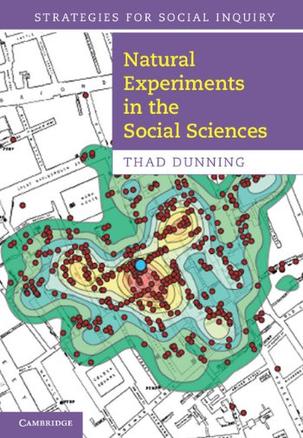
Natural Experiments in the Social Sciences
This unique book is the first comprehensive guide to the discovery, analysis, and evaluation of natural experiments - an increasingly popular methodology in the social sciences. Thad Dunning provides an introduction to key issues in causal inference, including model specification, and emphasizes the importance of strong research design over complex statistical analysis. Surveying many examples of standard natural experiments, regression-discontinuity designs, and instrumental-variables designs, Dunning highlights both the strengths and potential weaknesses of these methods, aiding researchers in better harnessing the promise of natural experiments while avoiding the pitfalls. Dunning also demonstrates the contribution of qualitative methods to natural experiments and proposes new ways to integrate qualitative and quantitative techniques. Chapters complete with exercises and appendices covering specialized topics such as cluster-randomized natural experiments, make this an ideal teaching tool as well as a valuable book for professional researchers.